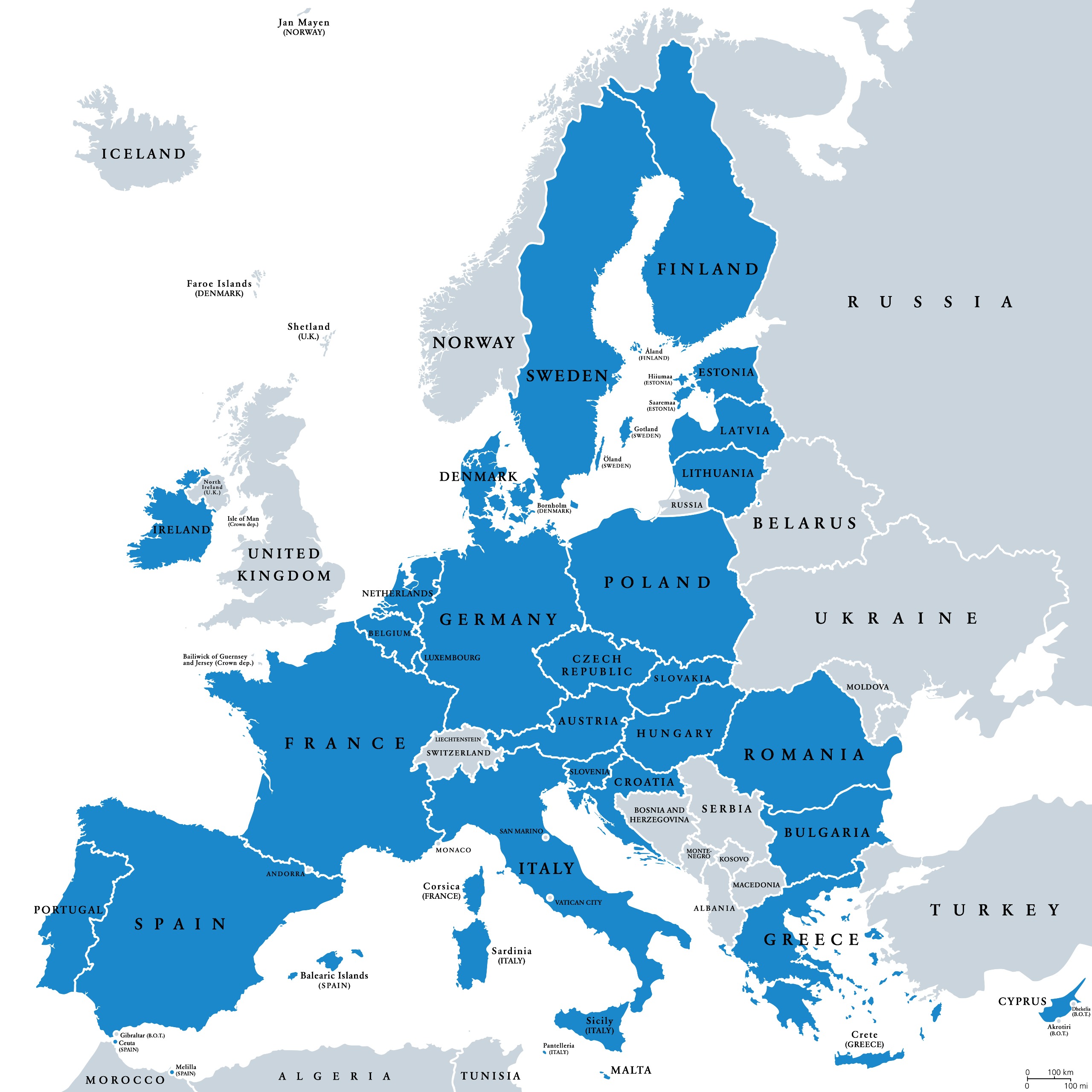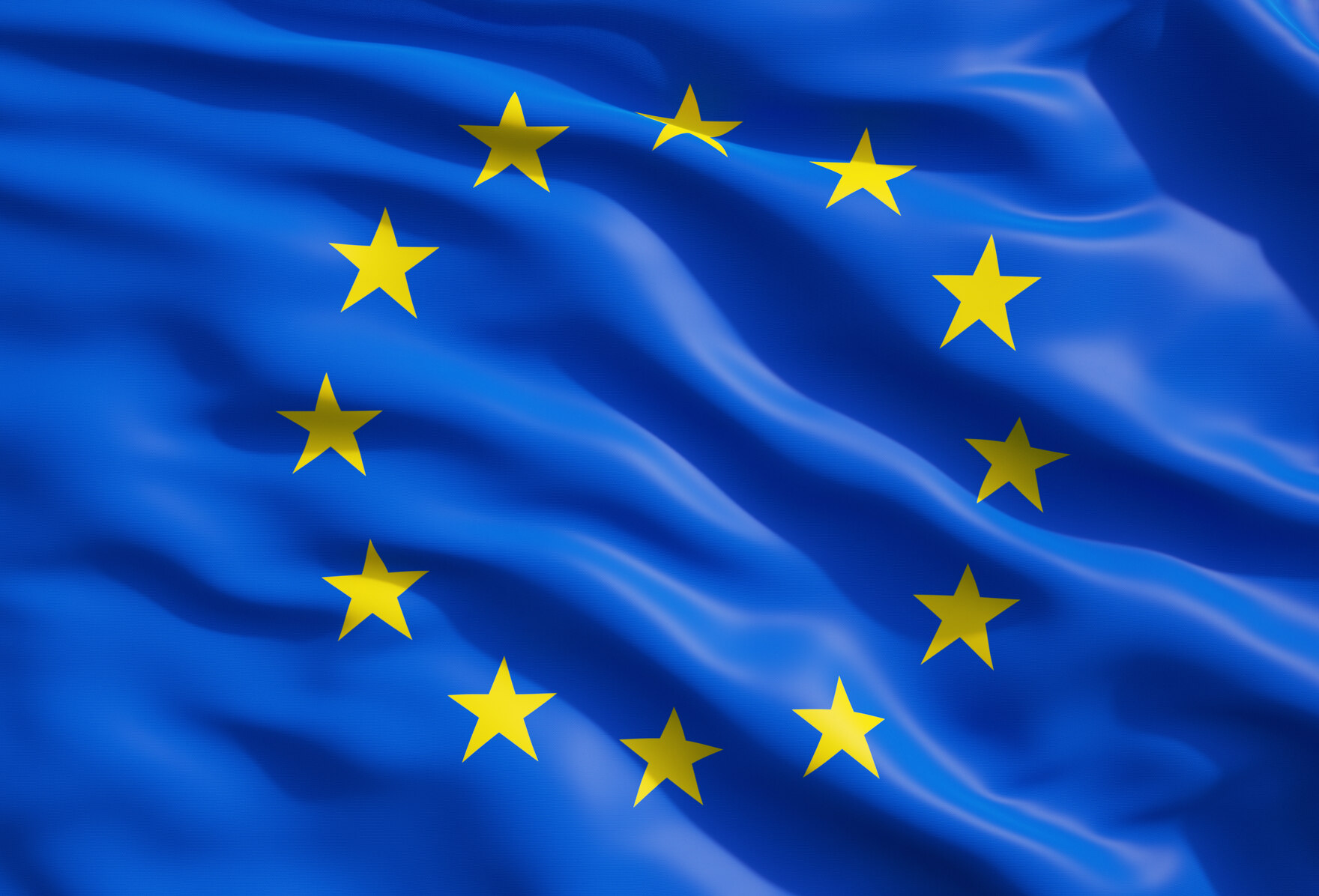EU-Iran Relations: A Precarious Balance
Table of Contents
- Introduction to EU-Iran Relations
- A Historical Perspective on EU-Iran Relations
- Economic Ties and Trade Dynamics
- The Nuclear Conundrum and the JCPOA
- Sanctions, Human Rights, and Geopolitical Divergences
- The EU's Diplomatic Strategy
- Challenges and the Path Forward for EU-Iran Relations
- Conclusion: Navigating the Future of EU-Iran Relations
Introduction to EU-Iran Relations
The relationship between the European Union and Iran is a tapestry woven with threads of shared history, economic interdependence, and profound political disagreements. For the EU, a union founded on the rejection of conflict and coercion, its engagement with Iran has consistently reflected a commitment to normative power, multilateralism, and interdependence. This approach stands in stark contrast to the more confrontational stances sometimes adopted by other global powers. The EU's vision of itself amidst a changing global landscape often dictates its foreign policy, emphasizing dialogue even when faced with significant challenges. Historically, two key themes have dominated the complex relationship between the EU and Iran: cooperation on shared interests, particularly evident in efforts to preserve the nuclear agreement, and a critical stance on areas of divergence, such as human rights and regional stability. Despite years of collaborative efforts to salvage the Joint Comprehensive Plan of Action (JCPOA), often referred to as the nuclear deal, relations between the two sides have recently reached a new low, underscoring the fragility and inherent difficulties in managing this crucial geopolitical partnership.A Historical Perspective on EU-Iran Relations
The roots of EU-Iran relations extend back decades, characterized by periods of engagement and estrangement. Following the Iranian Revolution in 1979, the relationship underwent significant shifts, moving from initial caution to a more pragmatic engagement driven by economic interests and a desire for regional stability. The EU, with its emphasis on diplomacy, often found itself in a unique position, acting as a bridge between Iran and the West. This historical context is vital for understanding the current dynamics of EU-Iran relations. One of the most defining periods was the protracted negotiation over Iran's nuclear program. This issue, which has dominated relations for years, reached an impasse in January 2006 when Iran resumed enrichment activities. This critical step led to the referral of Iran’s nuclear dossier to the UN Security Council in March 2006, marking a significant escalation and setting the stage for years of international pressure and sanctions. Despite these tensions, the EU consistently sought a diplomatic resolution, a testament to its foundational belief in dialogue over confrontation.Economic Ties and Trade Dynamics
Economic engagement has always been a cornerstone of EU-Iran relations, despite the political headwinds. The EU has historically been one of Iran's most significant trading partners, alongside economic giants like China and the United Arab Emirates. This robust trade relationship underscores the mutual economic benefits that can arise even amidst political complexities.Iran as a Trading Partner
The volume of trade between the EU and Iran highlights the importance of this economic link. Trade with Iran is subject to the general EU import regime, indicating a standard, albeit sometimes complicated, framework for commercial exchanges. This economic interdependence provides a powerful incentive for both sides to maintain channels of communication and cooperation, even when political relations are strained. The EU's role as a major trading partner offers a degree of leverage and a pathway for engagement that might not otherwise exist.WTO Accession and Trade Regime
A significant aspect of the EU's economic policy towards Iran is its support for Iran's goal of accession to the World Trade Organization (WTO). This support reflects the EU's broader commitment to a rules-based international trading system and its belief that integrating Iran into global economic structures could foster greater transparency and stability. WTO membership would normalize trade relations further, potentially unlocking new opportunities for both sides. However, despite this stated support, the EU does not currently have a delegation in Iran, a logistical and diplomatic gap that can complicate direct engagement and the facilitation of trade.The Nuclear Conundrum and the JCPOA
The nuclear program remains the single most dominant and contentious issue in EU-Iran relations. The Joint Comprehensive Plan of Action (JCPOA), signed in 2015, represented a landmark achievement of multilateral diplomacy, aiming to ensure the peaceful nature of Iran's nuclear activities in exchange for sanctions relief.The Genesis of the Nuclear Deal
The JCPOA was the culmination of years of painstaking negotiations, with the EU playing a pivotal role in facilitating dialogue between Iran and the P5+1 (China, France, Germany, Russia, the United Kingdom, and the United States). Josep Borrell Fontelles, the EU’s High Representative for Foreign Affairs and Security Policy, emphasized the need to preserve the 2015 agreement upon taking office in December 2019, highlighting the EU's consistent commitment to the deal. The agreement was seen as a vital component for regional and global security, preventing nuclear proliferation while allowing Iran to pursue a civilian nuclear program.The Trump Era and Its Aftermath
The survival of the JCPOA faced its greatest challenge during the presidency of Donald Trump. President Trump's decision to withdraw the U.S. from the agreement and re-impose extended sanctions effectively prevented leading European companies from doing business with Iran, severely undermining the economic benefits Iran was supposed to receive. This move put immense pressure on EU-Iran relations, as Europe found itself caught between its commitment to the deal and the extraterritorial reach of U.S. sanctions. Despite the U.S. withdrawal, the EU and Iran worked together over several years to save the nuclear agreement. However, the EU is increasingly concerned about the acceleration of Iran's nuclear program following the U.S. withdrawal and Iran's subsequent reduction of its commitments under the JCPOA. The question of whether the JCPOA could survive the Trump presidency lingered, and indeed, its future remains highly uncertain, with hope still prevailing that new negotiations are possible, even as the UN Security Council continues to monitor the situation.Sanctions, Human Rights, and Geopolitical Divergences
Beyond the nuclear issue, EU-Iran relations are significantly impacted by the EU's concerns regarding human rights abuses in Iran, its ballistic missile program, and its regional activities. These areas represent deep divergences that often lead to the imposition of sanctions and diplomatic tensions.EU Sanctions and Their Triggers
The EU has imposed sanctions against Iran in response to a range of serious concerns. These include its human rights abuses, which encompass repression and violations of fundamental freedoms within the country. Additionally, sanctions have been levied due to Iran's nuclear proliferation activities, distinct from the JCPOA, and its military support for Russia's war of aggression against Ukraine, particularly through the provision of drones and missiles. These measures underscore the EU's critical stance on areas where Iran's actions contradict international norms and EU values.Iran’s Regional Activities and Global Implications
Iran's role in regional conflicts and its support for various non-state actors also pose significant challenges to EU-Iran relations. Concerns extend to Iran's drones and missiles, which are seen as destabilizing factors. The perception of Iran as a threat not only to Israel but also to the wider region and to Europe itself, as articulated by Israel's Ambassador to the European Union and NATO, Haim Regev, highlights the broad security implications of Iran's foreign policy. The EU's staunch support of Israel’s retaliation on Gaza, even with mounting evidence of war crimes, further complicates the dynamic, especially given Iran’s financial backing and training of Hamas terrorists. Such stark differences in regional perspectives are driving Tehran and Brussels further apart, making diplomatic solutions increasingly difficult to achieve.The EU's Diplomatic Strategy
The EU's approach to Iran is characterized by a commitment to diplomacy and a nuanced strategy that seeks to balance engagement with firmness. Europe’s push for diplomacy is in sharp contrast to messages from Washington, with U.S. President Donald Trump openly weighing bombing Iran and calling for the unconditional surrender of the Iranian leadership. This divergence highlights the EU's distinct foreign policy philosophy. The EU advocates for a balanced and comprehensive strategy towards Iran. This strategy emphasizes dialogue to tackle all points of concern, adopting a critical stance on areas of divergence, such as human rights and nuclear proliferation, and a cooperative approach where mutual interests align, particularly in areas like trade and the fight against terrorism. This reflects the EU's traditional promotion of normative power, multilateralism, and interdependence, deliberately rejecting a role as a purely geopolitical actor focused on coercion. Rather, it relates to how the EU sees itself in the midst of a changing global landscape, striving for an international order free from conflict. Currently, the main focus of the EU's foreign policy is based on the received signals from its members, indicating a collective, albeit sometimes challenging, effort to forge a coherent approach.Challenges and the Path Forward for EU-Iran Relations
The current state of EU-Iran relations is undeniably strained. The challenges are multi-faceted, encompassing nuclear proliferation, human rights abuses, regional destabilization, and the impact of external pressures. The impasse over Iran’s nuclear program and the acceleration of its enrichment activities underscore the urgency of finding a new path forward. Eu member states need to urgently recalibrate their approach toward Iran based on established European interests. This should include three main tracks: 1. **Containing the Iranian regime more forcefully in its conventional activities:** This involves robust diplomatic and potentially economic measures to curb Iran's ballistic missile program and its support for proxies that destabilize the region. 2. **Supporting Iranian civil society in its own right and as an investment into the future:** This acknowledges the importance of internal dynamics within Iran and the potential for long-term change driven by its people. Supporting civil society can foster democratic values and human rights from within. 3. **Engaging Iran’s Arab neighbors with a view to sparking discussions on regional security:** This recognizes that regional stability is a shared responsibility and that dialogue among all stakeholders is essential to de-escalate tensions and build trust. These tracks reflect a comprehensive strategy that moves beyond merely reacting to crises and instead proactively seeks to shape a more stable and predictable future for EU-Iran relations and the broader Middle East.Conclusion: Navigating the Future of EU-Iran Relations
The relationship between the European Union and Iran is a testament to the complexities of modern international diplomacy. It is a relationship marked by significant economic ties and a shared interest in multilateralism, yet deeply challenged by profound disagreements over nuclear ambitions, human rights, and regional actions. Despite the current low point, the EU's consistent advocacy for dialogue and a balanced approach highlights its enduring commitment to finding a constructive path forward. The future of EU-Iran relations hinges on the ability of both sides to navigate these deep-seated divergences while recognizing areas of mutual interest. As the world watches, the efforts to recalibrate strategies, preserve diplomatic channels, and address core concerns will determine whether this precarious balance can lead to a more stable and predictable engagement. What are your thoughts on the future of EU-Iran relations? Do you believe diplomacy can still prevail amidst the current tensions? Share your perspectives in the comments below, and don't forget to explore other articles on our site for more insights into global affairs.
Map of the European Union | Mappr

Aufbau der EU - Europa - sachsen.de

Politics of the European Union - Wikipedia